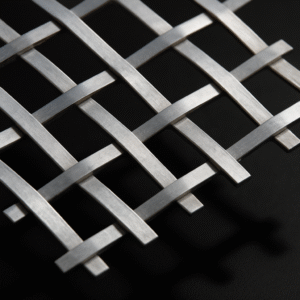




We value your privacy
We use cookies to enhance your browsing experience, serve personalised ads or content, and analyse our traffic. By clicking "Accept All", you consent to our use of cookies. Cookie Policy
We use cookies to help you navigate efficiently and perform certain functions. You will find detailed information about all cookies under each consent category below.
The cookies that are categorised as "Necessary" are stored on your browser as they are essential for enabling the basic functionalities of the site....
Necessary cookies are required to enable the basic features of this site, such as providing secure log-in or adjusting your consent preferences. These cookies do not store any personally identifiable data.
This cookie stores your consent preferences for cookies on this website.
Functional cookies help perform certain functionalities like sharing the content of the website on social media platforms, collecting feedback, and other third-party features.
No cookies to display.
Analytical cookies are used to understand how visitors interact with the website. These cookies help provide information on metrics such as the number of visitors, bounce rate, traffic source, etc.
No cookies to display.
Performance cookies are used to understand and analyse the key performance indexes of the website which helps in delivering a better user experience for the visitors.
This cookie is used by Google Analytics and distinguishes unique visitors on the website.
This cookie is used by Google Analytics to track visitor activities on the website.
This cookie is used by Google Analytics and stores a unique value for each page visited and tracks page views.
This cookie is used by Google Analytics and tracks a visitors session.
Advertisement cookies are used to provide visitors with customised advertisements based on the pages you visited previously and to analyse the effectiveness of the ad campaigns.
This cookie is used by Doubleclick and contains information about a visitor's past visit to other websites that have advertisements from Doubleclick.
This cookie is used by Google AdSense for experimenting with efficiency across websites that use Google Ads.
This cookie is used by DoubleClick to check if a visitor's browser supports cookies.




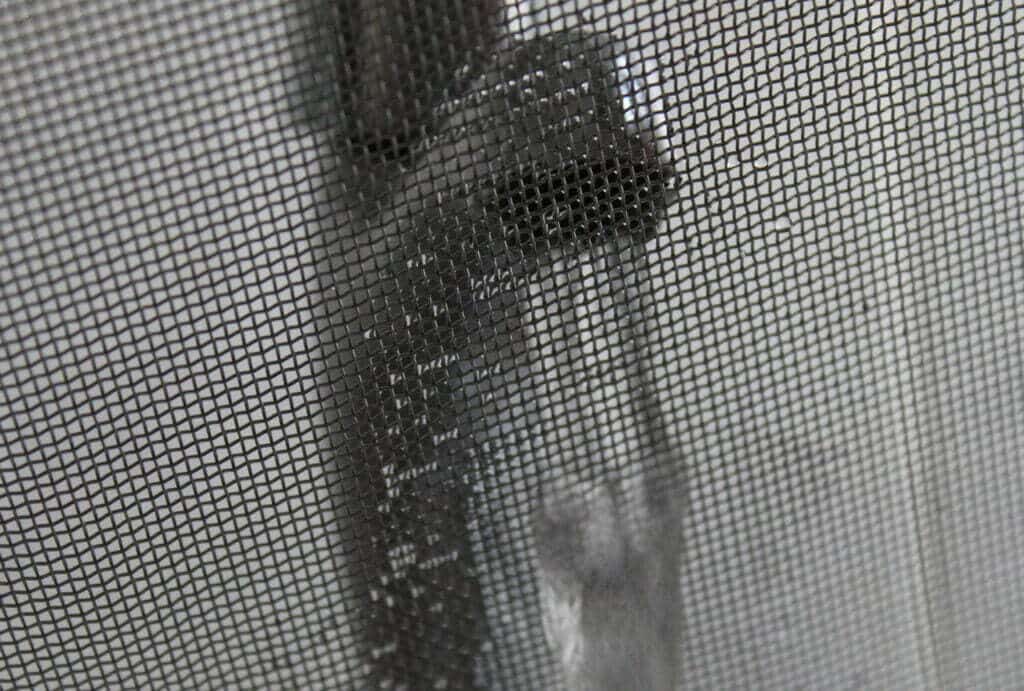
Woven filter mesh is an essential component in various industries, from food and beverage processing to oil and gas production. Its intricate design allows it to efficiently filter and separate solid particles from liquids and gases, making it an indispensable tool in maintaining the quality and safety of products and processes.
In this blog, we will dive deeper into the world of woven filter mesh, exploring its construction, properties, and applications. We will discuss the different types of woven mesh and their specific uses, as well as the factors that should be considered when selecting a mesh for a particular application. Whether you’re new to the field of filtration or a seasoned expert, this blog will provide you with a comprehensive understanding of woven filter mesh and its importance in modern industry.
Let’s get into it.,…
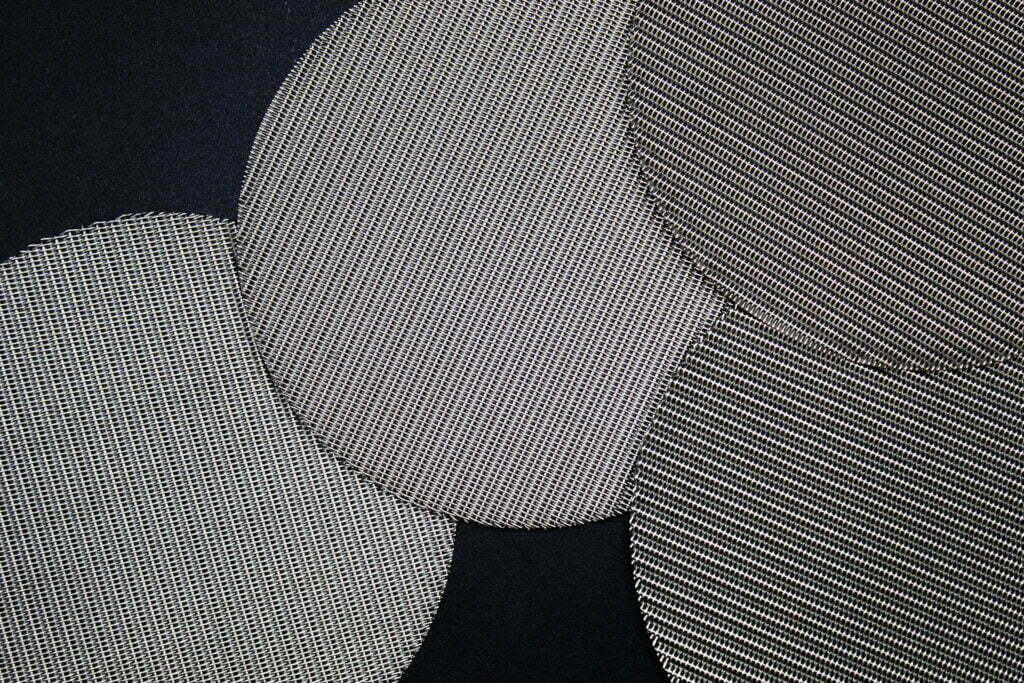
There are many types of mesh filters, each designed for specific applications and with different materials and weave patterns. Some common types include:
Wire mesh filters: made from woven wires, these filters are often used for industrial filtration applications. This is the focus of this blog.
Knitted mesh filters: made by knitting wires together, these filters have a more uniform structure and are often used for applications such as gas and liquid filtration.
Sintered mesh filters: made by sintering (bonding) layers of metal powders, these filters have high strength and excellent durability.
Expanded metal filters: made by expanding and cutting a sheet of metal, these filters are lightweight and often used for air filtration.
Perforated metal filters: made by punching holes in a sheet of metal, these filters are often used for high-flow applications.
Plastic mesh filters: made from various types of plastics, these filters are lightweight and corrosion-resistant, often used in aquatic filtration or medical applications.
Woven filter mesh is used in a wide range of applications across various industries, including:
Food and Beverage Processing: Mesh filters are used in the production of food and beverages to separate solid particles, such as pulp or seeds, from liquids. It can also be used to filter out bacteria and other contaminants in food and beverage processing.
Chemical Processing: Strainer material is used to filter out impurities in chemicals and other industrial products. It can also be used to remove solids from liquid chemicals.
Water Treatment: Woven sieve material is used in water treatment plants to remove debris, sediment, and other impurities from water.
Oil and Gas Production: Wire mesh filters are used in the production of oil and gas to filter out sand, rocks, and other solid particles that may be present in the oil or gas.
Pharmaceuticals: Woven filter mesh is used in the production of pharmaceuticals to filter out impurities and other contaminants.
Automotive: Woven screen filter material is used in the production of automotive components, such as air and oil filters, to filter out contaminants and improve performance.
Choosing the right filter mesh for your purposes requires consideration of several factors. Here are some key factors to keep in mind:
Particle Size: Determine the particle size that needs to be filtered out. This will determine the required mesh size of the filter.
Filtration Efficiency: Determine the level of filtration efficiency required. This will determine the type of material to use and the filter rating.
Material Compatibility: Consider the chemical compatibility of the filter material with the fluid or gas to be filtered. The filter material should be able to withstand the chemical properties of the fluid without being damaged.
Operating Conditions: Consider the operating temperature, pressure, and flow rate to ensure the filter mesh can operate effectively under the required conditions.
Cleaning Requirements: Consider the cleaning method that will be used on the filter. Some filter meshes may not withstand certain cleaning methods or may require specialized cleaning.
Cost: Determine the cost of the filter mesh and any additional equipment or maintenance required.
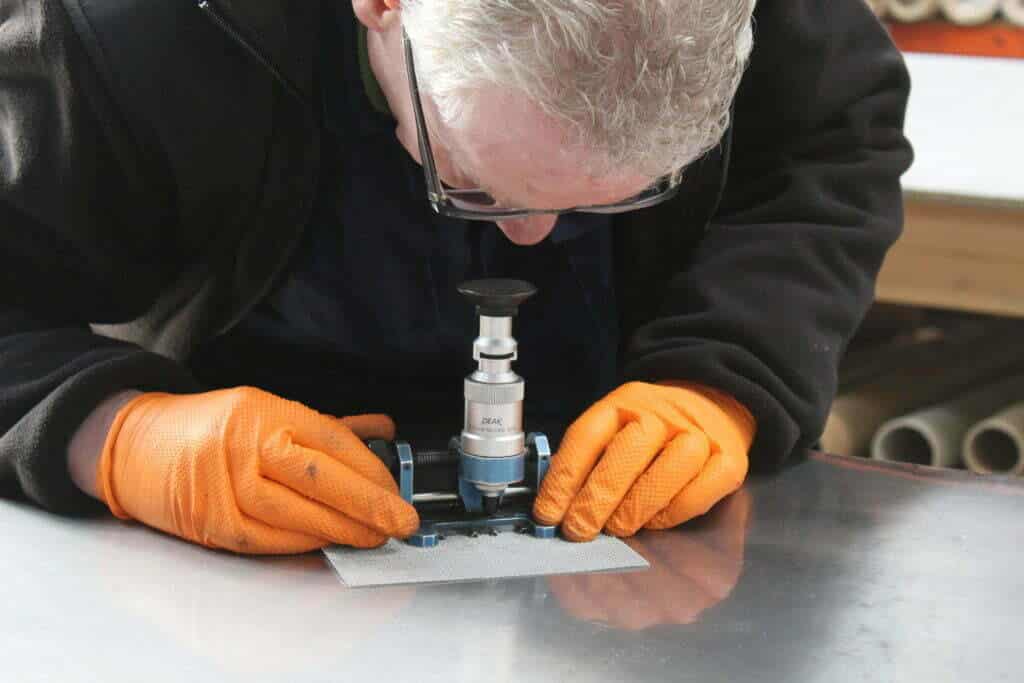
Filter mesh size can be measured by counting the number of openings in a linear inch of the mesh. This is often referred to as the mesh count or mesh size. For example, a mesh count of 100 means there are 100 openings per linear inch. To measure the mesh size, hold a ruler up to the mesh and count the number of openings over a one-inch span, then refer to a mesh size chart to determine the corresponding mesh count.
Another option is to use a digital microscope or image analysis software to count the openings in a known area of the mesh and calculate the mesh size.
The best way to clean a mesh filter depends on the type of filter and what it has been used to filter. Here are some general steps for cleaning a metal mesh filter:
Remove the filter from its housing and place it in a sink or basin.
Use a brush or soft cloth to remove any large debris or dirt.
Fill the sink or basin with warm water and add a mild detergent or cleaning solution.
Soak the filter in the solution for several minutes to loosen any remaining dirt or debris.
Use a soft-bristled brush to gently scrub the filter, paying particular attention to the areas with the most buildup.
Rinse the filter thoroughly with warm water to remove any soap or cleaning solution.
Shake the filter to remove excess water and allow it to air dry completely before reinstalling.
The mesh size used for coffee filters can vary, but a common size is between 100-200 mesh, which corresponds to 100-200 openings per linear inch. However, the type of material used for the mesh filter can also affect the filtration properties and taste of the coffee.
For example, some coffee filters are made from paper, which can provide a more consistent and neutral flavour compared to metal mesh filters. Metal mesh filters can be made from materials such as stainless steel or gold, which can impart a metallic taste to the coffee.
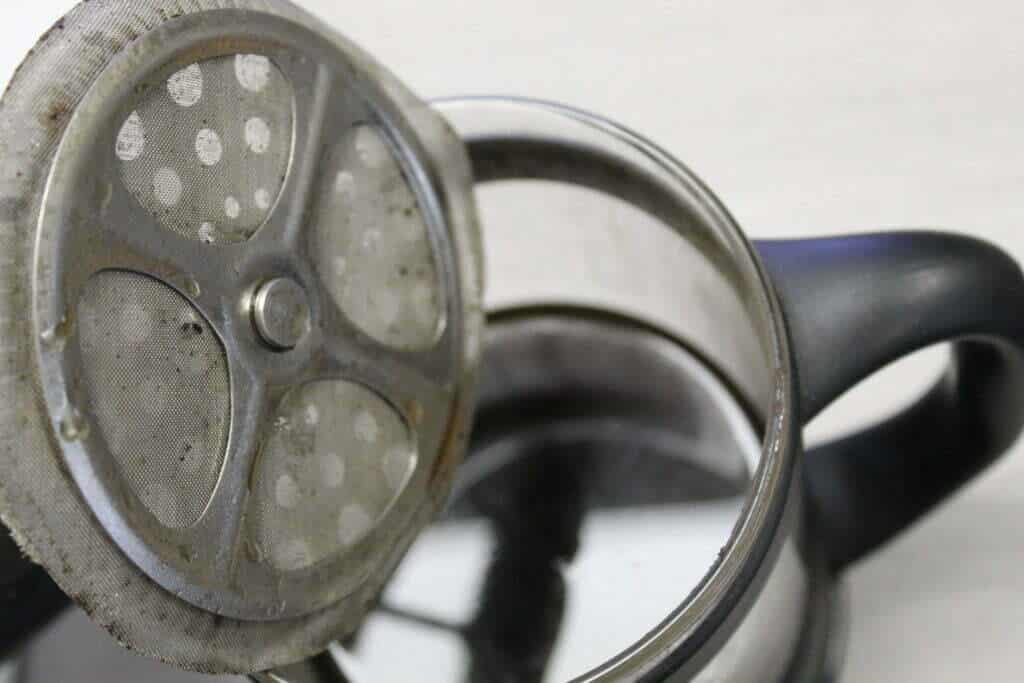
A cafetière, also known as a French press, typically uses a metal mesh filter. The mesh size can vary, but a common size is between 50-100 mesh, which corresponds to 50-100 openings per linear inch.
More specifically, the exact mesh that is historically used is 80 mesh twill. The mesh filter in a cafetière is designed to hold the coffee grounds in place while allowing the brewed coffee to pass through. The mesh filter should be fine enough to prevent any large particles of coffee from passing through, but not so fine that it clogs and becomes difficult to clean.
It’s important to note that the quality and size of the coffee grounds used in a cafetière can also affect the quality of the brewed coffee, so it’s important to use the appropriate grind size and amount of coffee for the specific brewing method.
Woven wire filter discs are circular or round-shaped filters that are used in various industries to remove impurities, particles, or other contaminants from liquids, gases, or air. They are typically made of woven or non-woven materials, such as stainless steel, nylon, or polyester, and are available in different sizes, thicknesses, and mesh counts.
Filter discs are commonly used in chemical processing, pharmaceuticals, food and beverage production, oil and gas production, water treatment, and many other industries that require filtration. They can be designed to fit various types of filter housings, such as filter cartridges or filter bags, and can be customised to meet specific filtration requirements.
Filter discs can come in different shapes, such as flat or domed, and can be layered or pleated to increase the filtration surface area. They can also be designed to have different permeability or flow rates to suit the specific application. Overall, filter discs are an important tool for maintaining the quality and safety of products and processes across various industries.
We have a huge stock of filter discs in stock. We will be adding options to our site in the coming days….
As always, thank you for checking out our blog. We hope that this helps you with your project. We try to launch a couple of new guides every week. Eventually we will have covered everything there is to cover about mesh.
Our goal for our blogs and help guides is to answer as many questions as possible to help to explain the possibilities of mesh to our customers. Contact our team today if you have any questions at all. We are always really keen to help in any way that we can.
The largest range of wire mesh, chicken wire, wire fencing, woven wire mesh and perforated metal products in Europe, delivered direct from our Warrington warehouse.




Website by: Beech Web Services | Terms and Conditions | Cookie Policy | Privacy Policy | Website Terms and Conditions